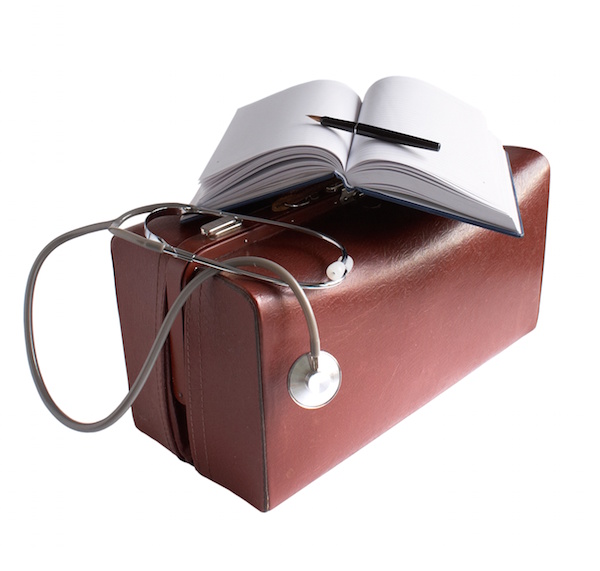
WEDNESDAY, May 20, 2015 (HealthDay News) — Almost one out of every five young women was raped or experienced attempted rape during her freshman year at a large private university in upstate New York, a new study reports.
Alcohol and/or drugs played a major role in sexual assaults, with as many as 15 percent of young women reporting that they had been subjected to “incapacitated” rape during their first year in college, according to the study.
“We find that the likelihood of incapacitated rape compared with forcible rape is higher in college than in the community,” based on these results and previous studies of sexual assault, said lead author Kate Carey, a professor of behavioral and social sciences at the Brown University School of Public Health in Providence, R.I.
The study findings were published online May 20 in the Journal of Adolescent Health.
The study also found that a sizable minority of young women were raped before entering college. These students seem to be at a particularly increased risk for rape during their freshman year, according to the researchers.
“Students who experienced incapacitated rape before entering college were six times more likely to experience incapacitated rape and more than four times more likely to be forcibly raped during the first year of college, compared with women who had not experienced incapacitated rape before entering college,” Heather McCauley, an assistant professor of pediatrics at the University of Pittsburgh School of Medicine, wrote in an editorial that accompanied the study.
The new study is based on questionnaires from almost 500 incoming female freshmen. The young women answered questions upon arrival at campus, at the end of the fall and spring semesters, and at the end of the summer following their first year of college.
“It’s a big period of transition,” Carey said. “Many are moving away from home and establishing new social and living arrangements. We knew that was a period of time when health behaviors get shaken up, and opportunities as well as risks present themselves.”
The questionnaires were designed to assess whether these young women had experienced either incapacitated or forced rape, regardless of whether the act had been attempted or completed.
The investigators found that 18 percent of incoming freshmen women had experienced incapacitated rape prior to arriving at college, and 15 percent had experienced forcible rape. There is some overlap, as a young woman could report experiencing both types of rape, Carey said.
The study defined rape as “vaginal, oral, or anal penetration achieved using threats of violence or use of physical force, or using the tactic of victim incapacitation.” Other forms of sexual misconduct, such as unwanted touching or verbal abuse, were not included as rape or attempted rape.
During their first year of college, 15 percent of freshmen women experienced incapacitated rape, and 9 percent were forcibly raped, according to the findings.
By the start of their sophomore year, 26 percent of college women had experienced incapacitated rape and 22 percent had been forcibly raped in their lifetimes, the findings showed.
More than one-third of the women — 37 percent — had experienced attempted rape or had been raped at least once between age 14 and the beginning of sophomore year, according to the data.
“We found that a sizable minority of young women, when you ask them in a confidential and collaborative way, will report that they’ve experienced an attempted or completed rape,” Carey said.
The problem is not confined to the campus, said Scott Schneider, a higher education lawyer for Fisher & Phillips, and a former associate general counsel at Tulane University in New Orleans.
Schneider said that the sexual assault rate for all women aged 17 to 23 is high, regardless of whether they are attending college.
“This isn’t a college rape epidemic. This is a rape epidemic,” he said. “As a society, we have a real problem with violence against women. I’m not sure that any of the data supports the view that somehow being in college increases the likelihood. It’s horrible, but it calls for a broader cultural response that’s not just limited to colleges or universities.”
Carey agreed, stressing that parents, teachers and counselors need to have serious discussions with adolescents about sexual violence and the risks of drinking and drug use. And these discussions need to begin in high school.
Both teenage boys and girls must understand that “there are risks associated with drinking to incapacitation that include sexual assault, as well as injuries and other health problems,” she said.
The importance of consent in sexual encounters also needs to be emphasized, Carey explained.
“The campuses these days are really trying to have a nuanced discussion about the fact that if a person chooses to drink, they are not consenting to have sex,” she said. “Intoxication or being impaired isn’t license to take advantage of someone in any way.”
Schneider plans to advise his 15-year-old daughter to avoid extreme alcohol consumption, and to choose friends who will look out for her if she becomes impaired.
“Try to surround yourself with people who, if they see something bad happening, will step in and say no and stop it,” he said. “Surround yourself with people you trust, who won’t take advantage of you.”
More information
For more on sexual assault, visit the U.S. Department of Justice.
Copyright © 2026 HealthDay. All rights reserved.

